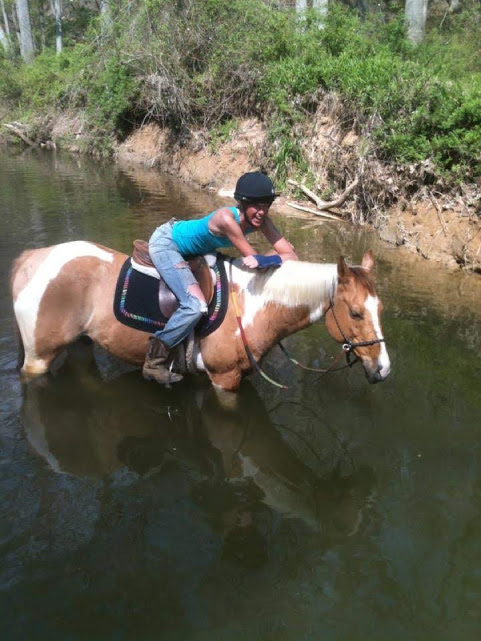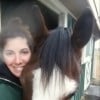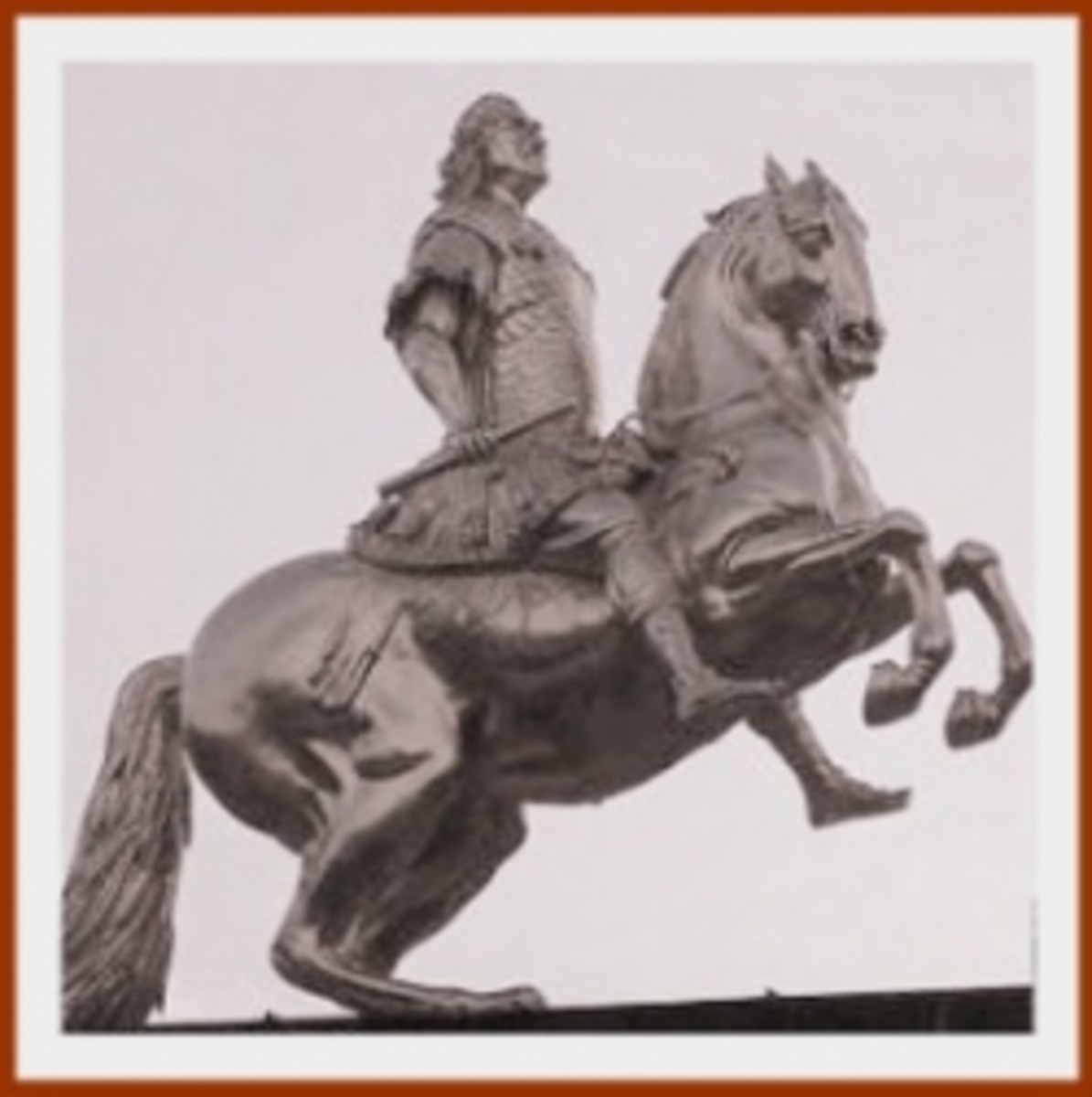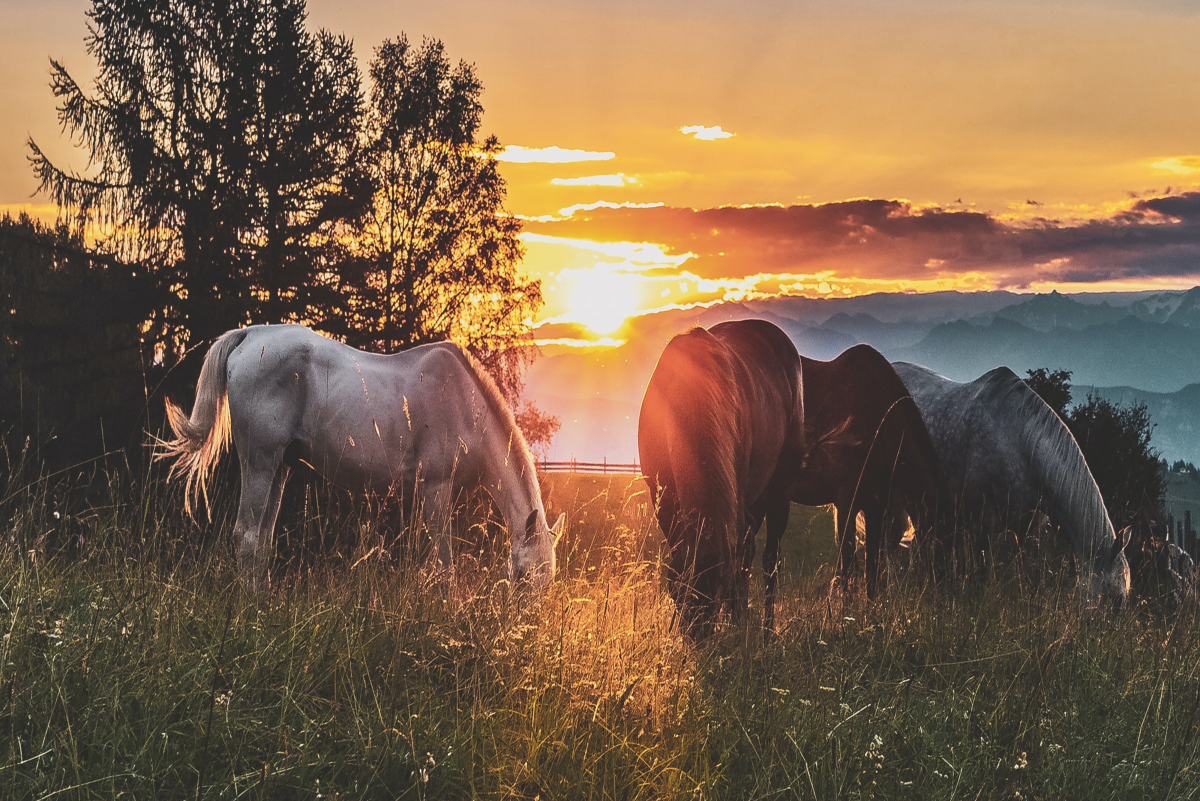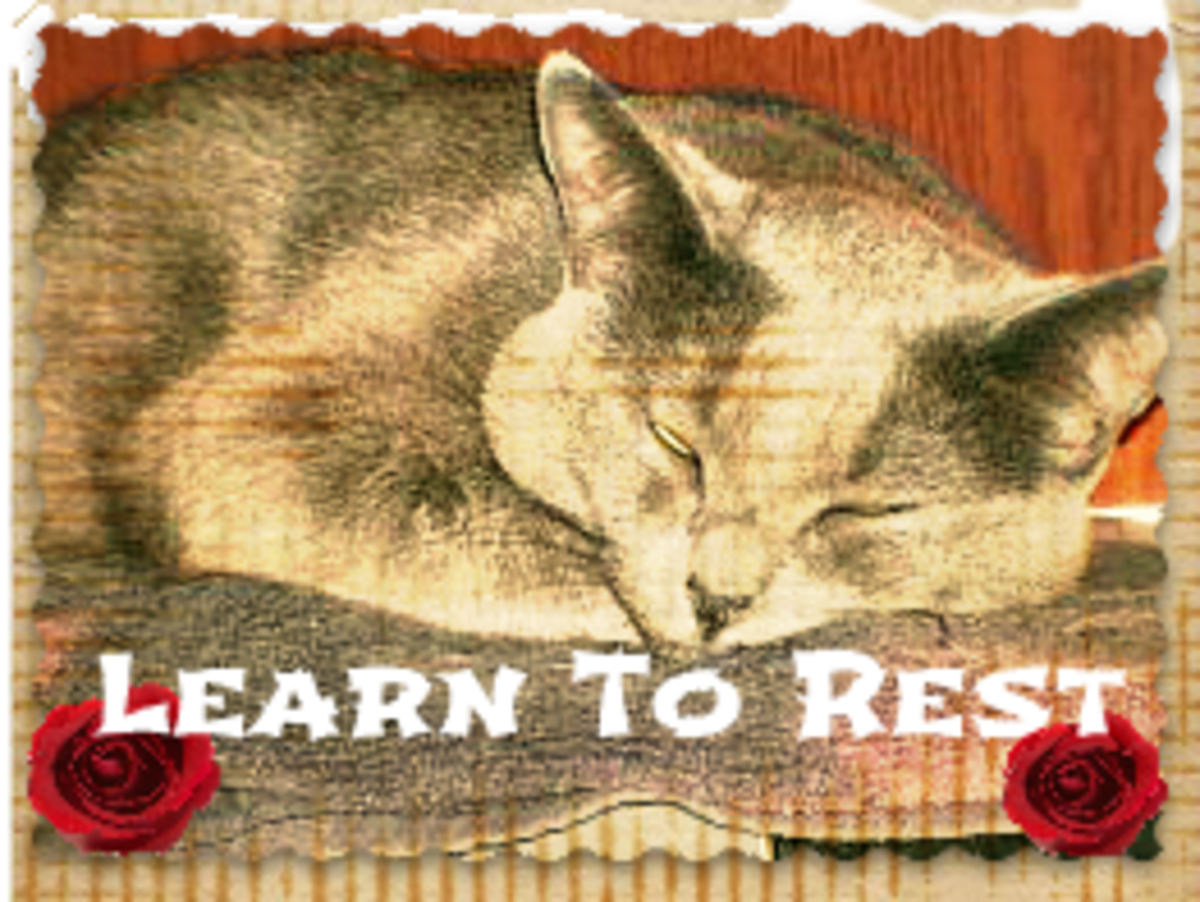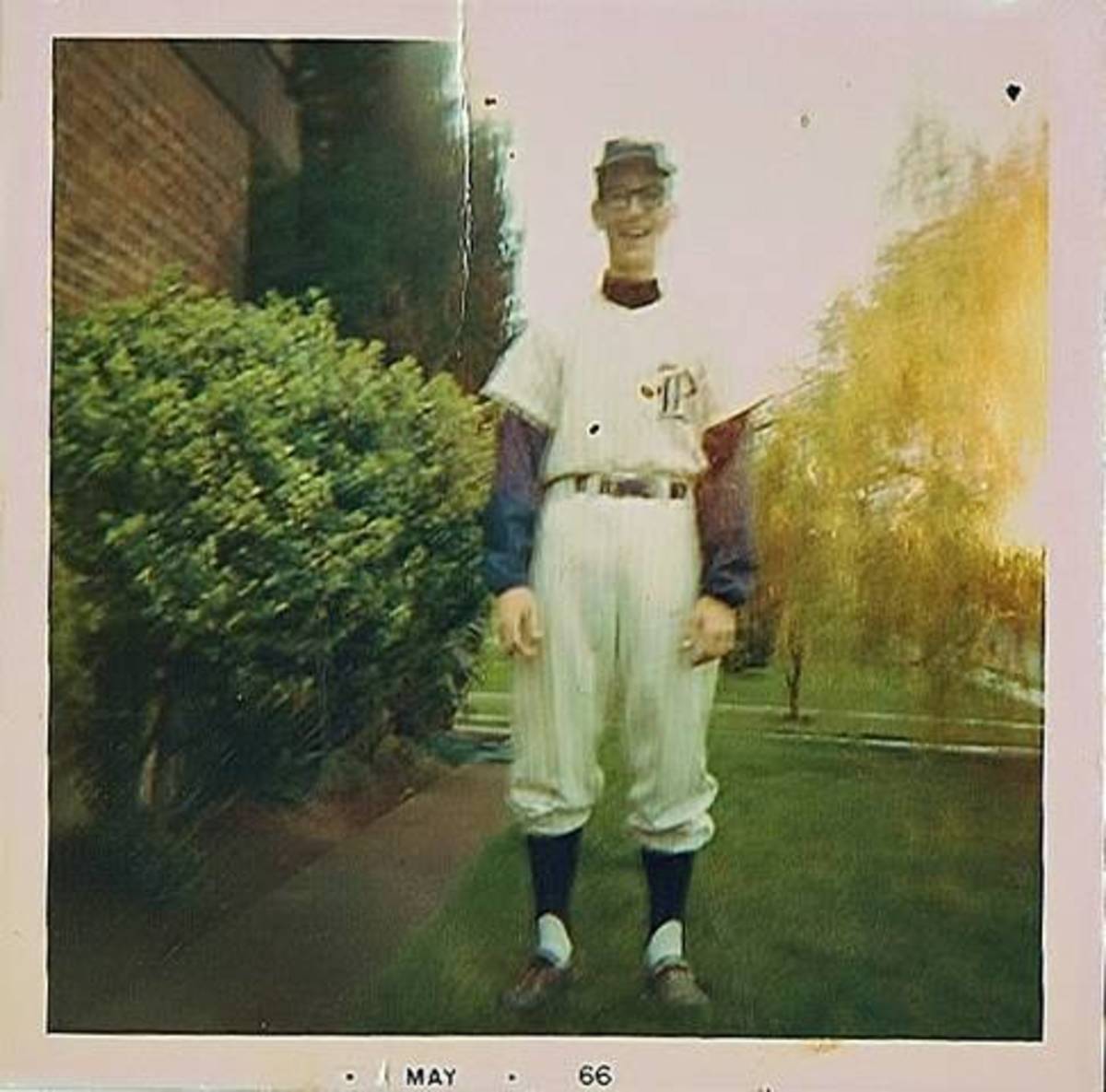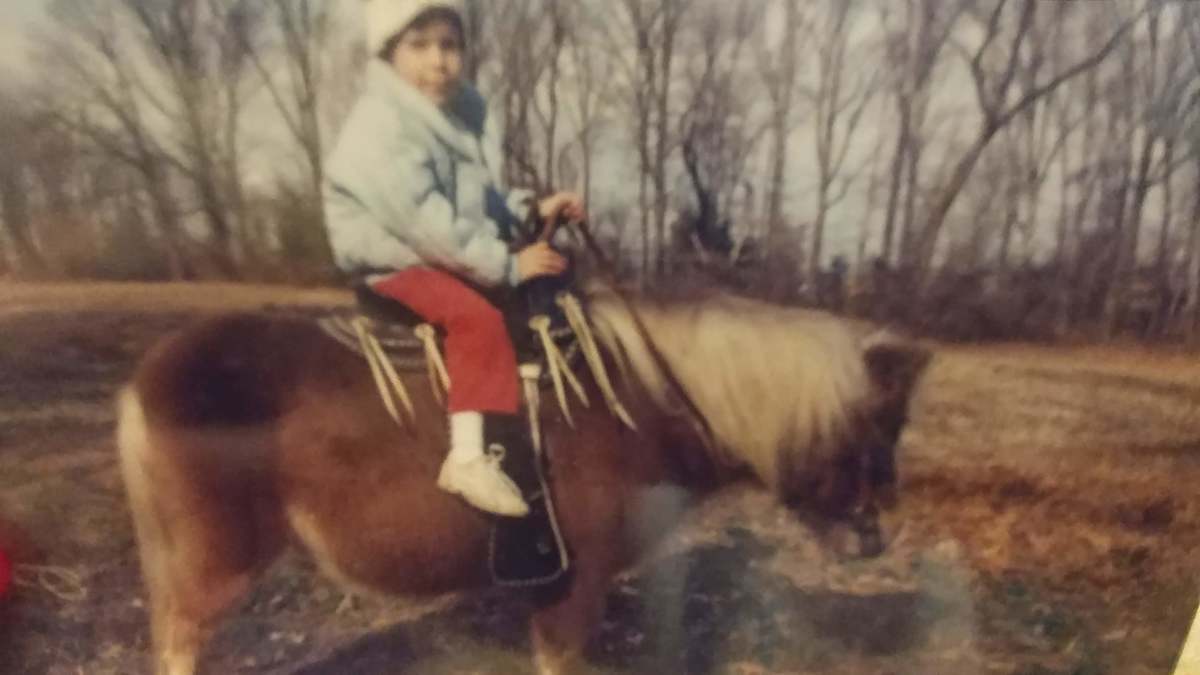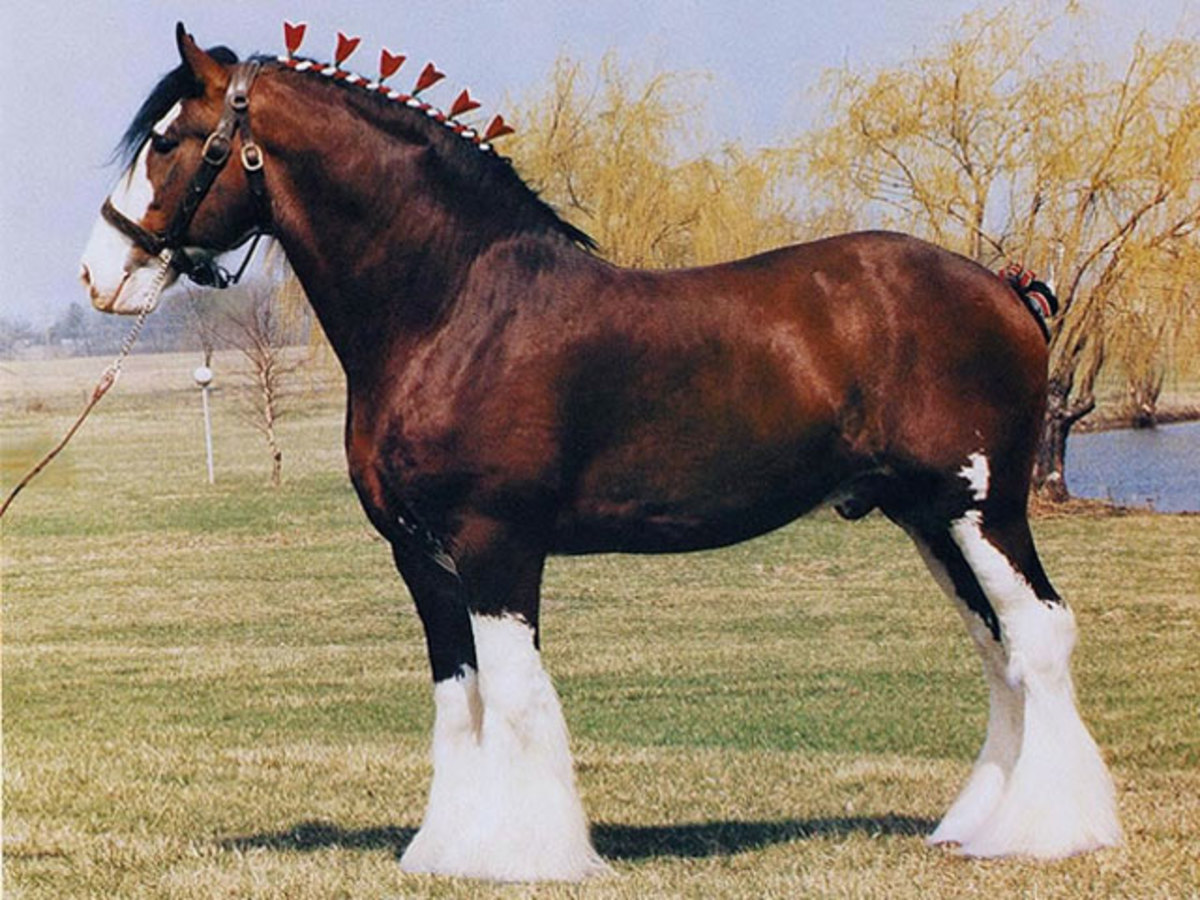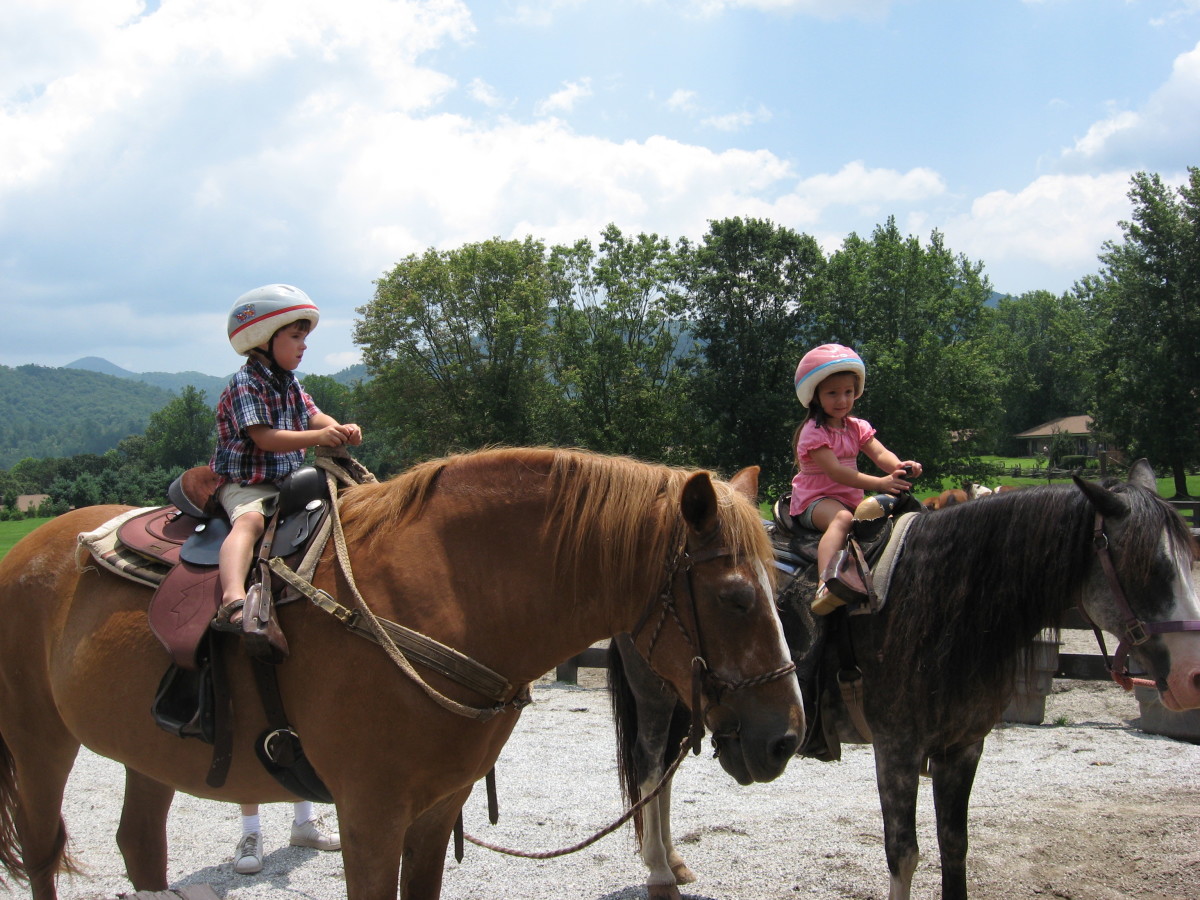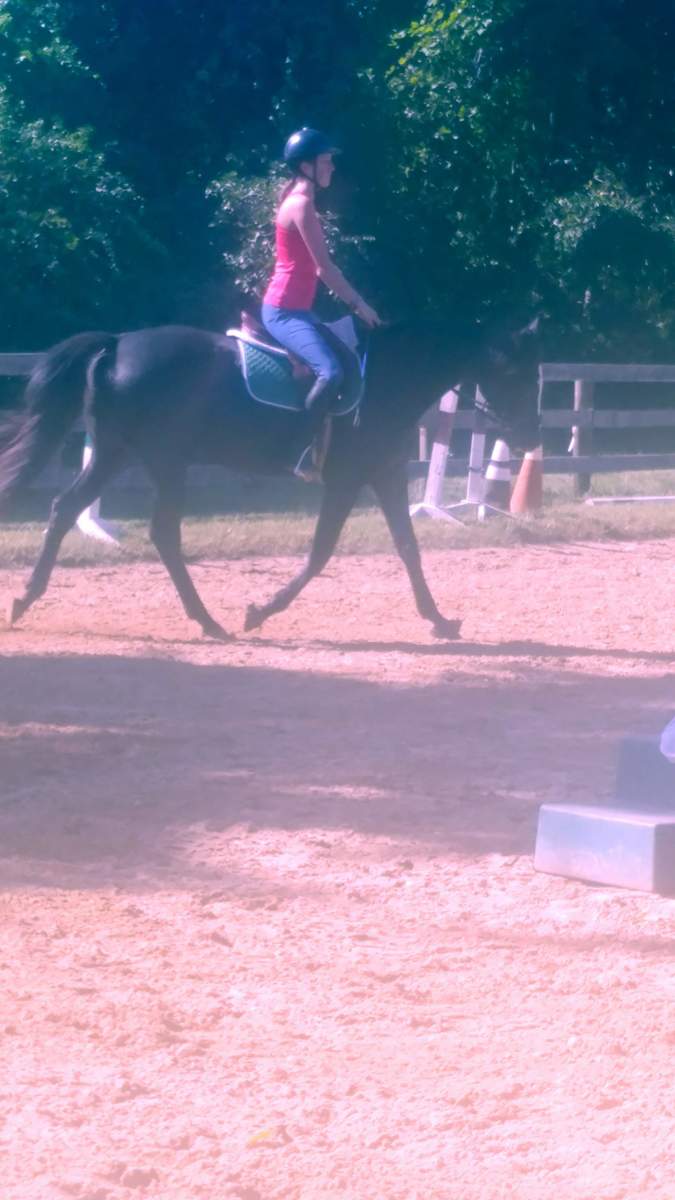More Horsey Lessons I Learned While Recovering From TBI
I'm sure as I continue to go through the rehabilitation progress I will realize that I have learned other things as well. This is just what I have been reflecting on lately. I'm sure that there will be more in the days to come as I keep working towards a full recovery, and beating this TBI and Post Concussive Syndrome.
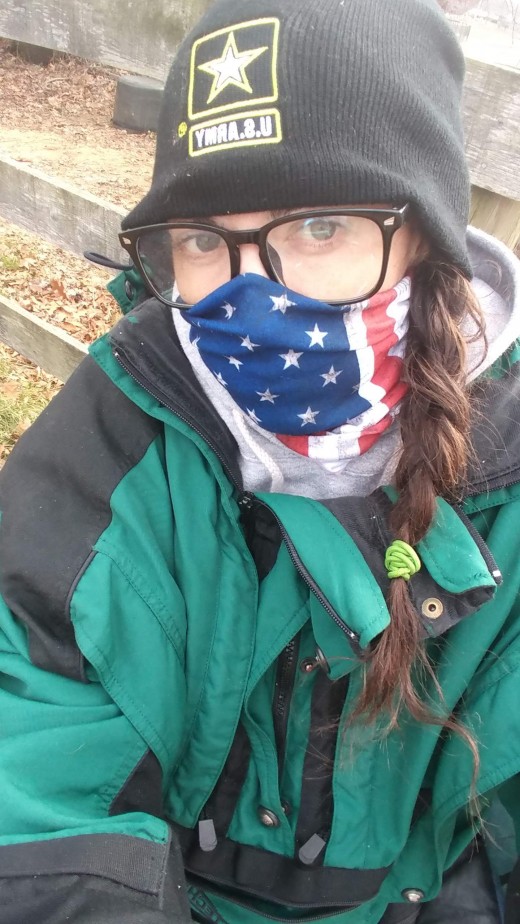
Respect And Fear Of The Horse
I have been riding and working around horses my whole life. As a little kid, I was a chicken, a very timid rider. As a teenager, I was like Evil Knievel, no fear, self-preservation or common sense. I fell off a lot broke a lot of bones and just kept on riding. Didn't think anything of it.
The first time I had to overcome major fear was in my early 20's when my event horse learned to do backflips when she didn't want to do something. That was the first time that I had ever considered that maybe I didn't want to get back on a horse again. I did manage to overcome that fear with time and got totally confident again.
The grown-up kind of confident though. The self-assured, confident in my abilities but understanding the need for common sense and self-preservation.
Recovering from TBI, I have become familiar with having a fear of horses again. It is hard to describe, I think about every little bad thing that could happen. I don't like to be too close to them, for fear that something will happen and I won't be able to get out of the way.
I feel like I'm over thinking every situation as far as safety goes. The horses seem so much bigger, stronger and stubborn when you don't have the physical ability to control them. To me, it wasn't scary dealing with the horses on the ground prior to my injury. I actually enjoyed things like leading the horse out to the field that was prancing and dancing.
Now, on the other hand. My sense of self-preservation and constant awareness of what the horses are doing(or could do) is heightened. I'm trying to stay positive in thinking that this is my bruised brains way of staying safe and protecting its self. Hopefully, as my physical condition improves, then my heightened sense of fear of what might happen will go away in knowing that physically I can handle things. That is the problem now, physically I know what needs to happen, but I can't do it myself. So it is a cycle of fear that leads to frustration.
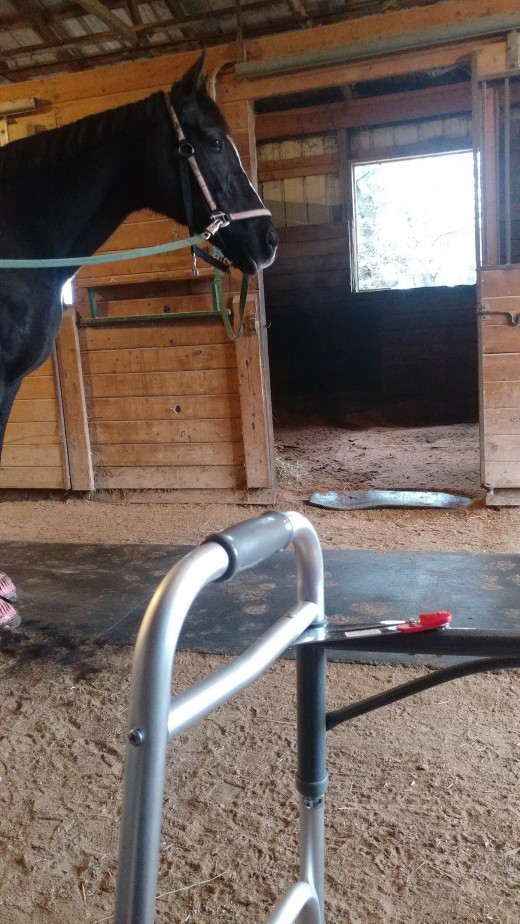
It Is More Challenging As A Trainer, A Good One Though
It is more challengings as a trainer when you can't get up and get on the horse and fix the problem. Prior to my injury, if I had a student struggling with a horse over something simple, and I couldn't talk them through it, I could get on and show them.
It would make the horse have a lightbulb moment about not getting away with anything and sometimes riders click with a concept once they actually see someone else do it.
I can't do that anymore. If I can't talk them through it one way, I have to come up with a different way to explain it. If we try one exercise and we just can't get it to work as we wanted, I have to come up with something else.
It is important to me for my riders and horses to not get frustrated. Frustration becomes a vicious cycle with horses and riding, one that I try to avoid in my lessons whenever possible.
I have to work harder mentally, to think through things, how to describe them better or differently. I have to try and remember other times I had certain issues with horses and riders, and how I fixed them. I feel like I have to work extra hard with my bruised brain to remember horses I have worked with in the past that I can use as a reference for what I'm seeing now. I have a very vivid memory of horses( even after my accident) so I have to use my past experiences riding and training even more than usual as my arsenal to train with. I'm forced to because I don't have the easy way out of just getting on and fixing it myself.
I have really loved teaching recently. I feel like even though it is mentally exhausting to do it, it is satisfying to me to be able to pull from the cobwebs in the far corners of my bruised brain and still be able to be a good trainer. After an afternoon or evening teaching, I'm literally mentally done in. It is totally worth it though to me to know that I haven't lost my ability to do my job, I just have to do it differently.
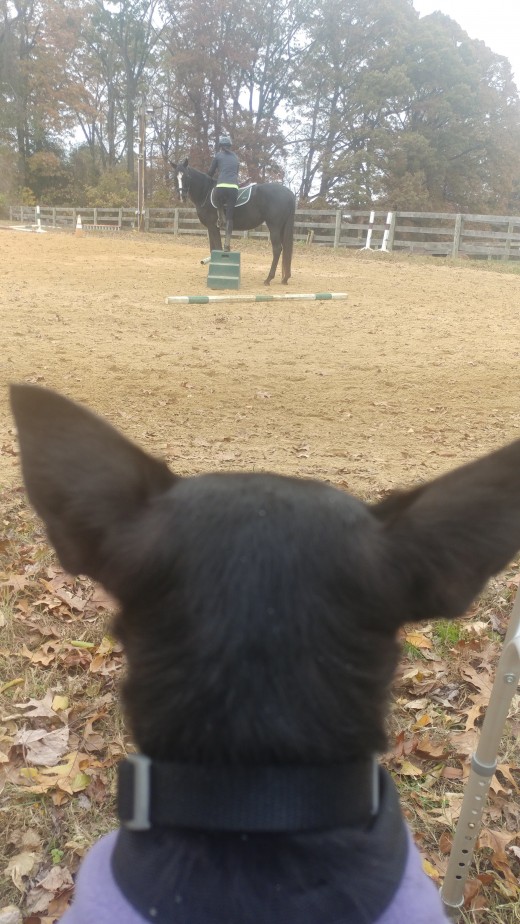
Sometimes You Will Get It Right, If Not Let It Go
I can think of one particular lesson where my student and the horse were really struggling to communicate. They were fighting and she was trying to get him into a frame. Everything we tried just led to more frustration and tension.
My solution to the problem was that she should go ahead and canter the horse some, he needed to get forward and in front of the leg. My thought process was that then he would relax and more easily go forward and into a frame.
I was wrong, he got tenser and pissier and his rider got more frustrated. I made a bad judgment call. It took another half an hour to get to a decent stopping point.
I don't know if I made that bad call because of being rusty after so much time away from the ring or not. Maybe prior to TBI, I would have made the same call. There is no way of knowing.
So, alas, I have learned that mistakes are going to be made. I can't speak horse and since I have the obstacle of having to relay instructions to the riders, sometimes that acts as another disconnect in getting the horse to understand what we want.
I have to just learn from it and let it go. I hate the phrase "let it go" because I despise the movie Frozen. In this case, though, I have to "Let it go" and then learn from it.
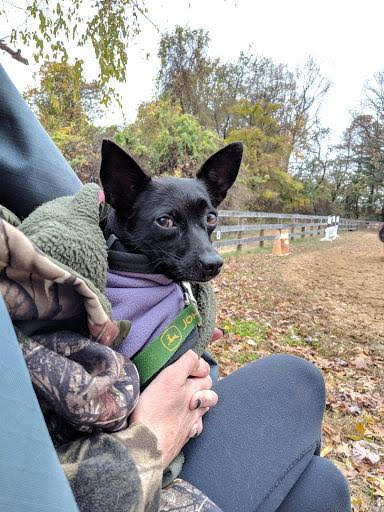
I Should Have Been Taking Notes About My Lessons All Along
Since my accident, I have taken to bringing a notebook with me out to the ring and taking notes on the lesson. What we worked on, which horse they rode, anything that I need to remember for the next week.
My memory isn't what it was before the TBI. It is weird the things that I can remember with no problem and the things that I can't keep track of. It's pretty random. Without the notes, I have been taking I would not be able to have a good training plan for my lessons and we wouldn't have the continuity that leads to progression.
It is not hard to take notes during the lesson or to take a minute and write about the lessons at the end of the night. It has really helped me having them as a reference and I wish that I would have been doing it all along.
I always wrote about my own rides and lessons, so why I never considered doing so for my student's lessons I'm not sure!
It is also going to be a great way to be able to show my students the progress they have made over time. Maybe they had a rough lesson, I can pull out my notebook and say "look how far you have come". Hopefully, that will help to end a harder lesson on a positive note.
I see Differences In My Horses That I Didn't When I Starred At Them For Hours Everyday
I went from mid-March to June without being in the barn at all. Even then I didn't start teaching until September.
I really see little details about the horses that I didn't notice before. I guess it was just things that were overlooked because you just don't notice when you see them every single day. I puzzled about why I was picking up on these things. I just recently figured it out. It is because since I can't actually put my hands on the horses, lead them, get on and ride them or even get close enough to really feel their energy, it has made me even more observant.
I thought I was observant before. Like I said all the time I knew every lump and bump on every horse in my barn. Now I notice everything. I watch every little thing and observe. I guess since observation is all I can do, I have got better at it. Even though, I thought I was good at it before. Now I'm way better!
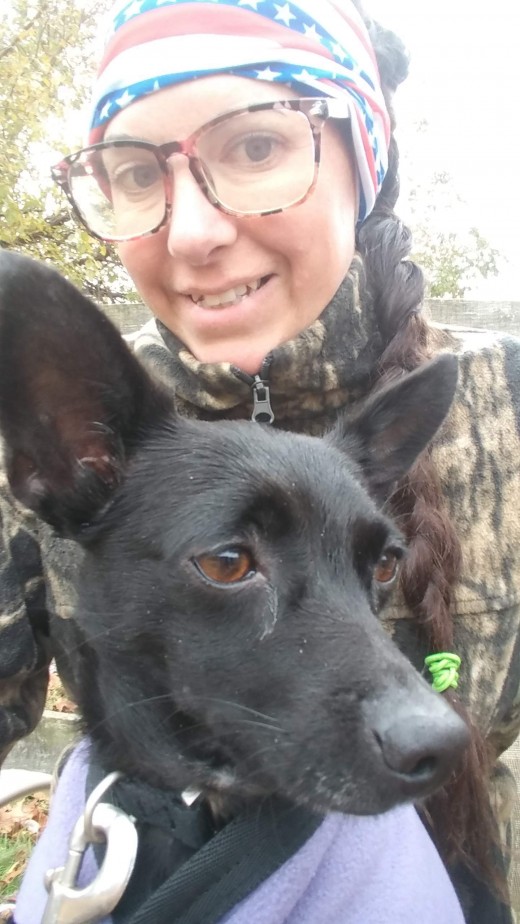
Not To Be Embarrassed About My Condition
When I first had to start thinking about going out to the barn to teach again, I literally felt sick to my stomach I was so nervous. I was nervous about my client seeing me struggle. It is still a struggle. I have a hard time walking with my walker on uneven ground. I'm always freezing cold because I'm not able to move around. I have to teach from sitting down in a chair.
I was afraid that they wouldn't think it was safe for me to teach their children since I can't get up and do anything in the event someone had an issue. Since I have only been teaching my more advanced girls that can tack up on there own and don't need help on the ground, nobody batted an eye at me teaching them. I was just anxious and overthinking things. It was like because of my physical condition I was trying to talk myself into thinking that I couldn't do my job.
I have learned not to be embarrassed. This is my situation right now. I shouldn't fret over it, because I'm doing everything I can to get better and that is all I can do.
I have learned that I have a very supportive group of clients at my barn that supports me getting back out to the barn, even if it isn't in the same capacity as usual. I have nothing to be embarrassed about.
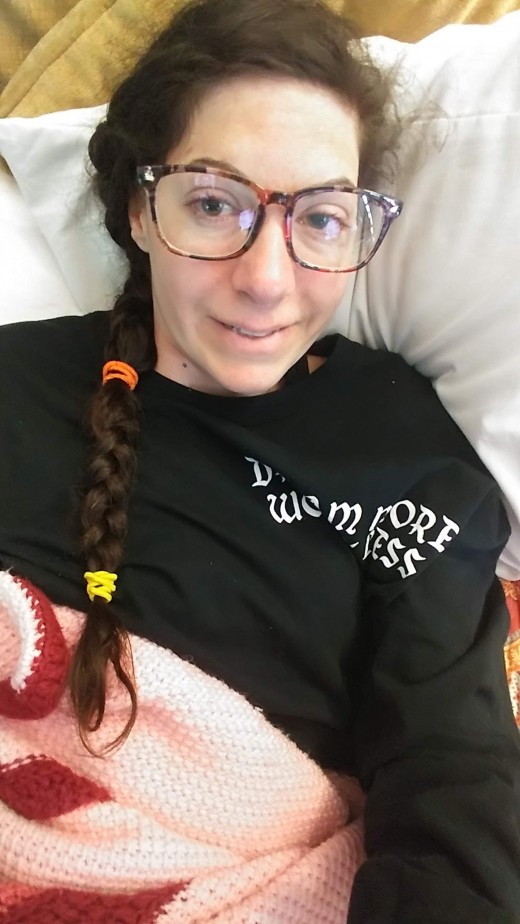
To Be More Positive About Small Progressions
Up until my TBI, when I was teaching, I broke down things into small progressive steps, since that is, in my opinion, the best way to teach riding. I don't think I necessarily acknowledged my students achieving the little progressions as well as I should have been.
I pushed them when they needed to be pushed and made sure they understood the steps they need to take along the way. I feel like I was not relaying as well to the students how I was breaking down big new skills, into small little lessons. The encouraging them for figuring out the small pieces of the big lessons.
I think they will understand why do things the way we do better now that I'm aware of really focusing on small steps.
It took my TBI for me to realize this. Why is that? It is because I have had to learn to work towards small steps on my way to big goals. I have had to learn to appreciate and celebrate small victories in my rehabilitation process. Learning this has helped me with positive thinking and gratitude. If you focus on the smaller things and taking smaller steps it is easier to feel progress and not be overwhelmed.
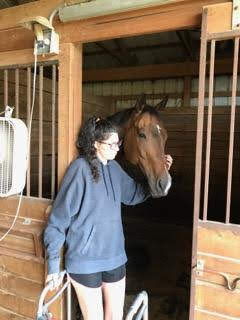
Riding Isn't Second Nature For Everyone
I think the biggest lesson of all is that now I feel what it feels like for simple things do not come easily. My balance is a struggle, my brain doesn't talk to my legs and hands as quickly as it should. I feel like there is always a delay. Nothing feels easy or automatic or second nature.
Horses and riding have always been something that even though I'm not a natural rider and had to work at it in the beginning when I learned a new skill it quickly became second nature. Who knows why, probably because I'm horse obsessed and when not riding horses, I'm reading about them or watching other people ride them. Needless to say, I didn't have a full understanding of how it feels to struggle to either not understand something. Or even to understand what you need to do but not getting your body to cooperate.
Riding is all about body position, muscle memory, and body control. That is hard !!!! My TBI has given me a new outlook on what it is like when things don't come easily. It has given me new tactics on how to not get frustrated over small things, and to not give up. Hopefully, I can relay all of this to my students!
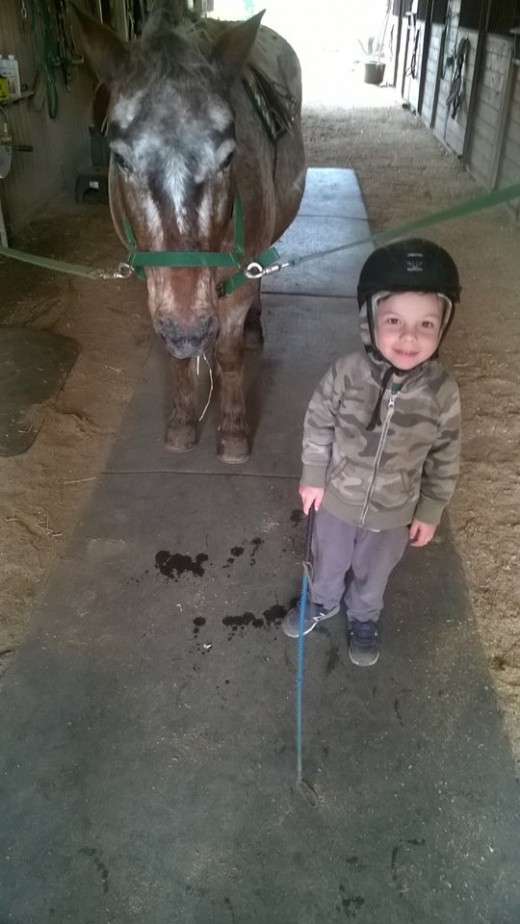
Even Stuck With A Walker,Struggling With TBI, I'm Still Learning
I'm still learning, and I'm still 100% on my horsemanship journey even though it seems there has been a little diversion in my path. For all the frustration, I think in the end, this will make me a better horsewoman, trainer, and just better overall human being.
Seeing things from a new perspective is a good thing, even in a bad situation. You can always learn something. Never stop learning!
